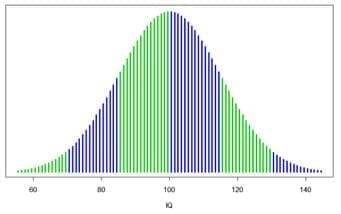In an incident that puts the notion that all publicity is good publicity to the test, a hotel in Pigeon Forge recently lost an appeal before the Sixth Circuit–Grand Resort v. TripAdvisor–regarding what it says were defamatory claims made against it by the online travel review site TripAdvisor.
The case got its start back in 2011 when a hotel in Pigeon Forge, Tennessee earned the unfortunate distinction of the dirtiest hotel in America. The Grand Resort Hotel and Convention Center in Pigeon Forge managed to rank number one on the travel site’s annual list of dirty hotels. In its article concerning the dirty hotels, a number of scathing reviews were highlighted including one that mentioned that there was “dirt at least ½ inch thick in the bathtub.”
It goes without saying that such attention was not good for business and the hotel’s owner, Kenneth Seaton, subsequently went after TripAdvisor in court. Seaton sued the travel site, claiming that the article was defamatory, that it amounted to an invasion of privacy and that the claims in the story interfered with prospective business relationships.
The district court that heard the case dismissed the claim, agreeing with TripAdvisor that the list of “Dirtiest Hotels in America” amounted to protected speech and was not capable of being defamatory. The case was then appealed up to the Sixth Circuit, which issued its opinion earlier this month.
The Sixth Circuit determined that the hyperbolic language used and the generally loose tone of the list meant that it was not defamatory because the statements could not reasonably be interpreted as stating actual facts. The Court also agreed with the district court that the language was protected because it was an attempt by TripAdvisor to communicate the opinions of its users and not, as Seaton claimed, a statement of fact that Grand Resort was literally the dirtiest hotel in all of the United States.
Judge Karen Nelson Moore further noted how common such top 10 lists are online, things such as the most handsome, most trusted or dumbest individuals. Moore concluded that reasonable readers understand that the placement of a person or business on such a list is not a statement of fact and thus not the basis for a defamation claim. Given that the statement was not defamatory, Seaton’s other claims failed and the Sixth Circuit affirmed the district court’s motion to dismiss Seaton’s case.
To read the full opinion, click here.
See Our Related Blog Posts:
Sixth Circuit Discusses Requirements For Probable Cause
Sixth Circuit Allows Crack Cocaine Defendants To Be Resentenced In Light Of Fair Sentencing Act

